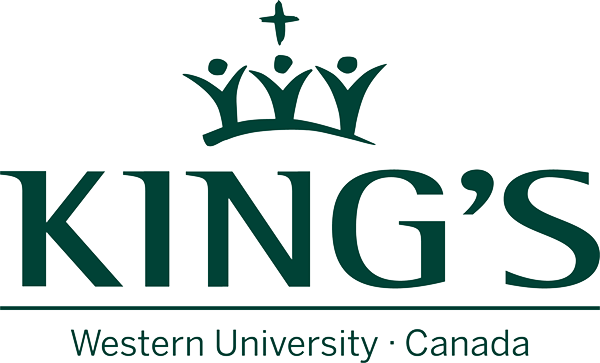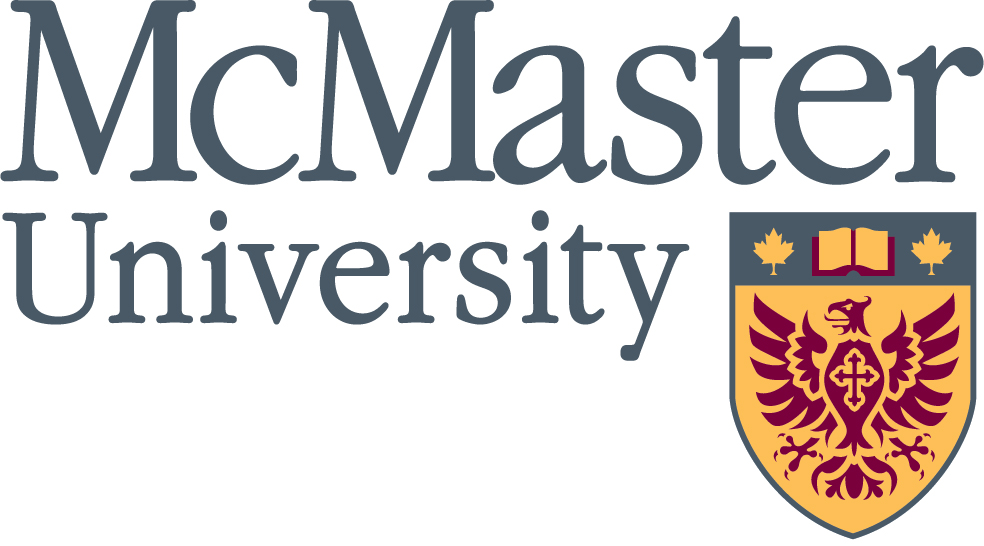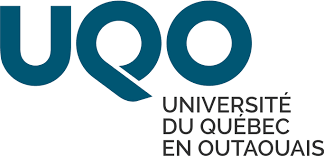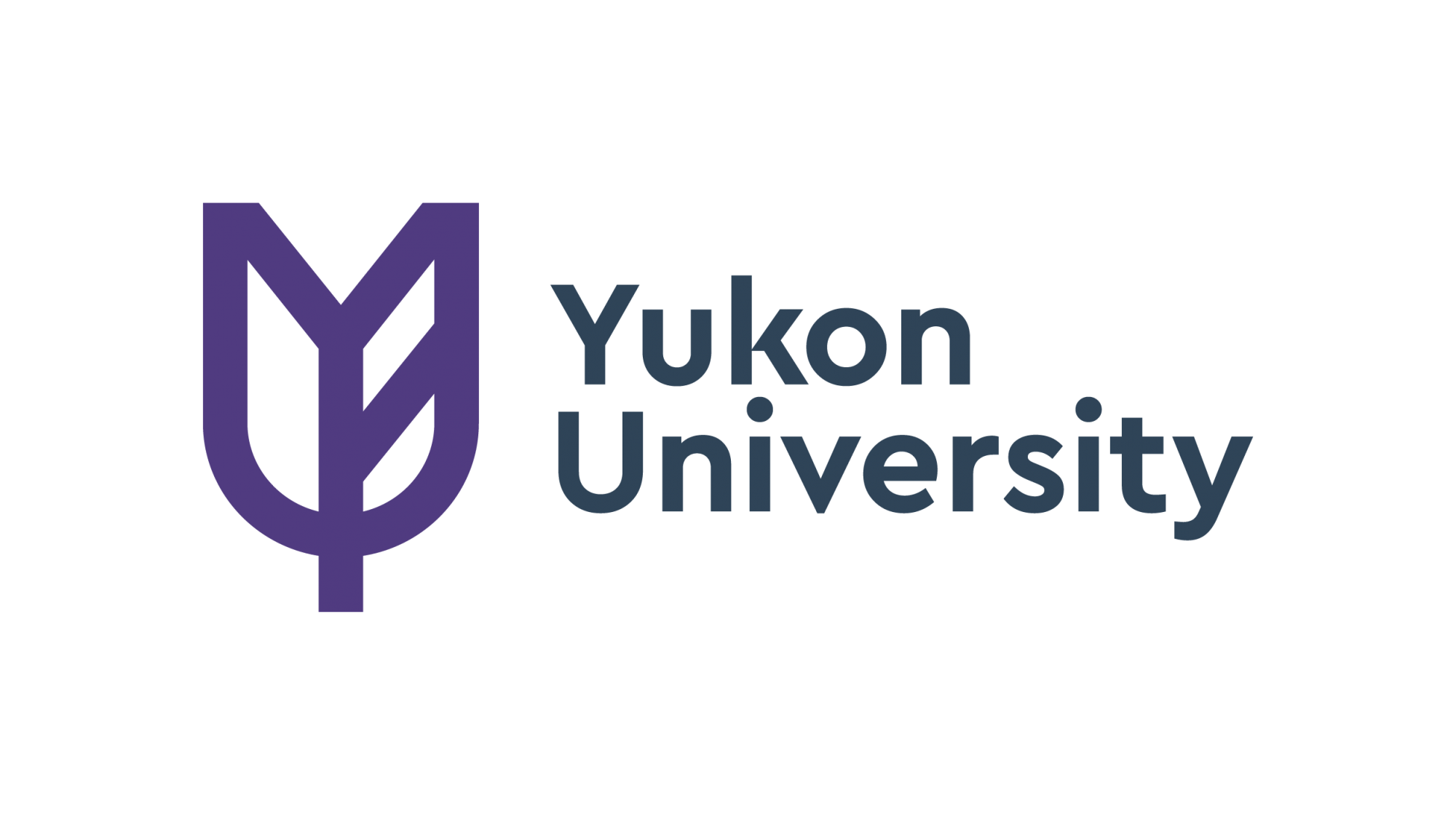Award 261265-CA
Research Chairs - General and interdisciplinary
- COMPETITION OPENS FEBRUARY 2025
- Awards to be taken up in the 2026-2027 Academic Year
- Applications accepted until September 15, 2025
- The next competition, for awards to be taken up in the 2027-2028 Academic Year, will open in February 2026
- US$25,000 for 4 months
- Grants begin in either September 2026 or January 2027
- Fulbright Canada Program Officer, Recruitment
- Applicants are strongly encouraged to contact the institution to discuss research interests and to include a letter of invitation from the intended host faculty/department.
Fulbright Canada Research Chair in Indigenous Knowledges, Concordia University
Indigenous Futures Research Centre
The cross-faculty Indigenous Futures Research Centre (IFRC) will host the Chair. The IFRC is located in the Milieux Institute for Arts, Culture and Technology, and the Chair will have access to Milieux facilities as well as plentiful opportunities to interact with Concordia’s expansive research community. Concordia is known for its innovative approaches to Indigenous research, including hosting a number of large-scale programs that combine scholarly inquiry, creative production, and community engagement.
Concordia welcomes scholars in all fields, including expressions of interest from knowledge keepers and artists who may not have the usual academic profile but have acquired their knowledge through a lifetime of experience and practice.
Specializations: Indigenous knowledges as applied to various fields of study, including Indigenous studies, fine arts, public policy, as well as language and culture.
Fulbright Canada Research Chair in Justice and Reconciliation, King's University College at Western University
Social Justice and Peace Studies
Department of Religious Studies
Department of History
Centre for Advanced Research in Catholic Thought
King’s University College seeks a Fulbright Scholar qualified to explore concepts of justice and reconciliation. The scholar’s work should focus on the role of religion and religious institutions in truth and reconciliation processes in the context of colonialism. Historical and theoretical approaches are welcome, but the scholar must show how the research has practical relevance for those working to address contemporary reconciliation and restorative justice initiatives. The scholar should also demonstrate meaningful ongoing engagement with the communities impacted by their research.
The Fulbright Scholar will benefit from working in a highly collaborative and interdisciplinary environment recognized for producing high-quality research in the Catholic intellectual tradition.
King’s is a Catholic liberal arts university college formally affiliated with Western University, a top-ranked Canadian research-intensive university. Kings' is dedicated to initiatives that expand access to higher education, and address contemporary challenges with honesty and integrity, guided by a commitment to the common good.
Specializations: Applicants from any Humanities or Social Science discipline are welcome. Applicants should demonstrate how past/ongoing research projects explore aspects of restorative justice and reconciliation, broadly construed.
Fulbright Canada Research Chair in Brain, Language, and Music, McGill University
Centre for Research on Brain, Language and Music
The Centre for Research on Brain, Language and Music (CRBLM) at McGill University maintains faculty and student research support and engages in research training and scholarly development across eight Quebec institutions (McGill, Université de Montréal, UQAM, Concordia, U. Laval, ÉTS, Collège de Maisonneuve, and UQTR). Our mission includes: promoting the scientific study of language and music neuroscience, stimulating interdisciplinary and cross-domain collaboration among researchers on basic and applied problems in language and music, fostering innovative research training for graduate and postdoctoral students, disseminating research findings to clinical and educational end-users and forming national and international partnerships. Our goal is to develop a fundamental theoretical, behavioural and neuroscientific understanding of the neurobiological, social and communicative processes of language and music. The Chair will bring to McGill expertise in one or more of the following areas: experimental paradigms that are not yet well represented within the community, such as the application of optical imaging technologies (near-infrared spectroscopy [NIRS]), electrocorticography, transcranial alternating current stimulation, mathematical and computational modeling methods, or innovative neuroimaging techniques with emphasis on questions concerning the neural substrates for music and language processing; a substantial background in theoretical and evolutionary perspectives on the acquisition of music and language that would complement ongoing work in this domain within the Centre; complementary expertise in the research on parallels in the development and use of language and music to provoke new interdisciplinary initiatives; the development of language abilities with specific emphasis on bilingualism.
Specializations: Language, speech, music, neuroscience, development, bilingualism, neuroplasticity.
Fulbright Canada Research Chair in Indigenous Scholarship, McMaster University
Indigenous Studies Department
McMaster Indigenous Research Institute
The Indigenous Studies Department and the McMaster Indigenous Research Institute (MIRI) will host the Chair, who will also have opportunities to interact across McMaster’s research communities. As one of Canada’s leading universities, known for its innovation and research intensiveness, McMaster University offers visiting scholars exciting and unique opportunities for research, education and global collaboration.
McMaster is interested in scholars whose research is aligned with the aspirations of Indigenous scholars, students and communities. This research may enhance existing areas of interdisciplinary expertise as identified by McMaster’s Indigenous scholars and community, including health, environment, language and culture, peace studies and conflict resolution. The strength of Indigenous scholarship at McMaster University is evident in MIRI, a world-class facility recognized for its leadership in the field of Indigenous research. MIRI facilitates and promotes increased visibility of Indigenous Knowledge and methodologies, creating space for dialogue between Western research approaches and Indigenous research collaborations, and facilitating research initiatives with multiple partners by building upon and enhancing existing relationships between McMaster and community networks. McMaster’s Department of Indigenous Studies was established in 2022, building on McMaster’s Indigenous Studies program, in existence for thirty years.
Specializations: Indigenous knowledge, epistemologies, methodologies, across multiple disciplines.
Fulbright Canada Research Chair, Thompson Rivers University
Faculty of Science – Departments of Computer Science and Mathematics and Statistics
Centre for Optimization and Decision Science
Thompson Rivers University (TRU), a member of the Research Universities Council of British Columbia and ranked among Canada’s top 50 research universities, invites Fulbright scholars from a variety of disciplines, including the social sciences, humanities, natural sciences, social innovation, policy development, sustainability, technology, or cultural knowledge systems.
The Fulbright Chair will be hosted within the most appropriate research centre or academic department, working alongside interdisciplinary researchers and scholars. They will contribute to impactful projects that address the needs and aspirations of Indigenous communities. The visiting scholar will have opportunities to lead workshops, engage in research initiatives, build collaborative partnerships, and participate in TRU’s vibrant research community, enhancing and contributing to its dynamic research culture.
Specializations: A variety of disciplines, including Artificial Intelligence, Arts, Sciences, Data Science, Engineering, Environmental studies, and Indigenous studies.
Fulbright Canada Research Chair in Comparative Canada-U.S. Studies, Trent University
School for the Study of Canada
The Fulbright Chair will be expected to organize faculty and public talks and workshops, mentor students, share research insights, and offer a special topics course in their area of expertise with an emphasis on comparative analysis of Canada-US scholarship. The School for the Study of Canada will serve as the home institution for the “Open” Chair and will work closely with other Trent University Schools (for example, Chanie Wenjack School for Indigenous Studies, Trent School of the Environment) and Departments to ensure meaningful collaboration for the Fulbright Research Chair. The School will provide the Fulbright Research Chair with office space, internet, photocopy and printing facilities, and will help to organize course registration and teaching, seminar presentations, public talks and workshops.
Specializations: Comparative Canada-US expertise in any area. This may include social and health policy, environmental policy or analysis, urban planning, political and economic history, law, social history, culture, language and literature, indigenous studies and security studies.
Fulbright Canada Research Chair, Université du Québec en Outaouais
Université du Québec en Outaouais
Innovation and connections with the society and professional world are two components that characterize the fabric of research at Université du Québec en Outaouais (UQO). UQO has a rich research environment with 17 research chairs, a research institute, 14 research networks and centres, 27 labs, 3 observatories and more than 20 inter-university research teams. UQO is the host of the INRS-UQO joint research unit on Cybersecurity and the Institute of Temperate Forest Sciences (ISFORT). With its multiple campuses in Gatineau, St-Jérôme and Ripon, UQO is not only deeply rooted in the Outaouais and Laurentian regions, but it is also one of the most important academic institutions of the region of Ottawa, otherwise known as Canada’s National Capital Region.
The Visiting Chair will focus on research development, and will develop new collaborations with UQO faculty, or further existing ones. It is expected that the Visiting Chair will engage in the academic life of UQO’s research units, and connect with faculty and students. Visiting Chairs will be invited to give at least one public lecture open to the entire community. Teaching is not expected, but the Visiting Chair may be invited to give occasional lectures and participate in some research development events. UQO’s Fulbright Visiting Chair is open to all fields, but priority will be given to research areas targeted in our strategic development plan.
Specializations: Cybersecurity; Development and Resilience to Environmental Shifts; Digital Transformation and Energy; Health, Well-being and Community-based Applied Research.
Fulbright Canada Research Chair in Digital Humanities, University of Guelph
The Humanities Interdisciplinary Collaboration Lab
Digital Humanities at the University of Guelph is a vibrant and expanding field of inquiry based at The Humanities Interdisciplinary Collaboration (THINC) Lab led by Canada Research Chair Susan Brown (Collaborative Digital Scholarship). The Fulbright Chair will conduct research that connects with the THINC lab’s three major themes: (1) online systems as transformative modes of collaborative knowledge production that support citizen scholarship, (2) dynamic knowledge creation, and (3) long‐term accessibility and sustainability of the scholarly and cultural record. The Fulbright Chair will seek to redress gaps and biases in traditional and digital knowledge environments related to factors such as indigeneity, ensuring that tools and standards enable enquiry into heterogeneity.
Current THINC lab research explores the potential for semantic technologies to link resources in more effective ways, thereby promoting a smarter, more inclusive World Wide Web. The team is actively engaged in developing infrastructure for linked open data. The College of Arts boasts a strong record of digital creative practice related to music, performance, and the haptic arts. In addition to conducting personal research, the Fulbright chair will also have the opportunity to participate in talks, short workshops, and collaborative learning sessions.
Specializations: Linked open data, cultural critique, or collaborative methods.
Fulbright Canada Research Chair, University of Regina
The University of Regina (UofR) welcomes Fulbright scholars in a wide range of disciplines across the natural sciences, humanities, social sciences, health, and applied fields, including interdisciplinary exploration. The Visiting Chair will be hosted by the appropriate research centre and/or academic department and will influence leading edge practice, develop partnerships, as well as contribute to knowledge generation and knowledge transfer activities. The Chair will have opportunities to deliver lectures to students, the campus community, the general public, and otherwise support and contribute to the rich research culture at the University of Regina.
Over the last decade the UofR has emerged as a research-intensive university, leading in research impact, international collaborations, graduate student training, and industry funding in areas of strategic priority. Affiliating with one or more of the research strengths below, the Chair will have the opportunity to fully engage with the UofR’s robust research enterprise which spans 10 faculties, two academic units, dozens of academic departments, and 18 research centres and institutes. With more than 400 scholars actively engaged in cutting-edge research, the chair-holder will develop networks and access important resources across our campus to further academic pursuits.
Specializations: Mental Health and Wellness; Aging and Population Health; Public Safety Personnel/PTSI; Child Trauma; Clean Energy Technologies; Justice; Water Resilience; Extreme Weather; Digital Futures.
Fulbright Canada Research Chair, York University
York University, Faculties
Organized Research Units
York University fosters interdisciplinary approaches to teaching and scholarship and offers a full range of undergraduate and graduate programs in the liberal arts, fine arts, media, performance and design, sciences, engineering, environmental studies, health studies, and the professions, including business, law, nursing, social work, and education. The field of North American/U.S. Studies at York draws upon strengths in a wide range of these areas, including the humanities, social sciences, business, law, and the environment, to explore aspects of integration in the North American context.
Applicants are required to include a letter of invitation from the intended host Faculty/department at York University.
Specializations: Liberal arts, Fine arts, Media, Performance and design, Sciences, Engineering, Environmental studies, Health studies, and the professions, including Business, Law, Nursing, Social work, and Education.
Fulbright Canada Research Chair, Yukon University
Indigenous Governance Program
Business Administration Program
The Fulbright Canada Research Chair at Yukon University (YukonU) provides the opportunity to contribute to meaningful research and knowledge exchange at a Canadian institution committed to fostering community-driven solutions and advancing policy development. The Chair will engage in interdisciplinary research that supports the sustainability, self-determination, and resilience of communities, with a particular focus on addressing the unique needs and priorities of the region. Our new Strategic Plan prioritizes the development of northern expertise, and this Research Chair plays an important role in advancing that mission. The Chair will contribute the knowledge and expertise needed to advance the vision and interests of Yukon First Nation governments and support the sustainability of Indigenous self-government and land claim agreements.
The Chair will align their work with YukonU’s academic programs and our new Strategic Plan goals, collaborating on curriculum development, mentoring emerging scholars, and engaging students in research. Areas of contribution may include supporting existing programs or assisting in the development of new initiatives that address community well-being, governance, public policy, or sustainability. Additionally, the Chair will work closely with faculty and community partners, fostering innovation and building capacity to address the challenges and opportunities facing Canada’s North.
Specializations: Indigenous self-governance/self-determination; Public policy and governance; Community and regional economic development; Sustainability and environmental adaptation; Social innovation and entrepreneurship; Rural and remote community dynamics; Decolonization and policy design; Interdisciplinary approaches to regional studies; Education and capacity building.














